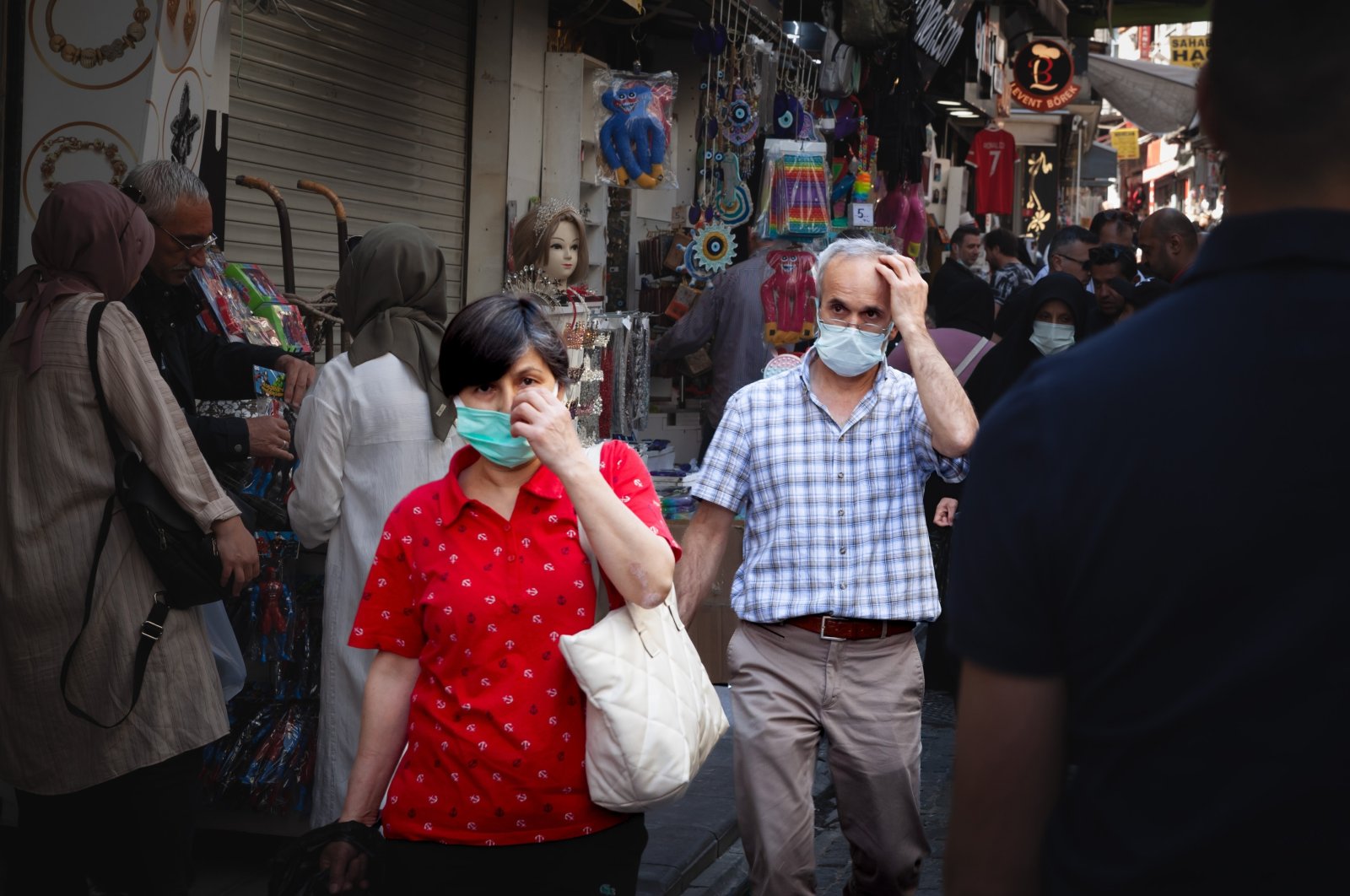WFP Türkiye Country Brief, November 2023 – Türkiye
In Numbers
51,107 people received cash assistance in November 2023 (estimated).
USD 0.51 m distributed through in-camp value vouchers and USD 0.2 m through livelihoods cash assistance (estimated)
USD 0.7 m six-month net funding requirements (December 2023 – May 2024)
Operational Updates
• Under the e-voucher programme WFP partners with Turkey Red Crescent (TRC) to provide assistance in eight refugee camps. A total of 49,047 beneficiaries (10,792 households) received Turkish Lira (TRY) 300 (USD 11) per person per month. In line with the Presidency of Migration Management’s (PMM) camp decongestion strategy, it was announced that Kilis camp housing 7,720 refugees would be closed by December 2023. Households are being provided cash assistance by PMM to move out of the camps to other cities (except for Istanbul) or back to Syria. PMM is planning to transfer all households currently residing in the camps deemed to fall under the category of “households with special needs” according to national legislation to the Adana camp. So far, 365 of the most vulnerable households considered under this category were moved there.
• Earthquake Recovery Programme: more than 20 government, and non-government organisations applied to partner with WFP for the recovery programme planned to be implemented throughout 2024 and 2025 in the five most affected provinces (Kahramanmaras, Hatay, Adiyaman, Malatya and the Nurdagi and Islaiye districts of Gaziantep). During November, a cross functional team has reviewed proposals and negotiated project details with the nine shortlisted partners. Operations are expected to begin in December 2023 in one province and should reach three provinces in Q1 of 2024.
• WFP’s livelihoods activities under the umbrella of the Socioeconomic Empowerment and Sustainability (SES) Programme continued in November in six provinces (Adana, Ankara, Bursa, Kayseri, Konya and Sanliurfa). Some 515 people were trained (estimated to benefit over 2,000 people) in the vocational training courses in a variety of sectors, namely Barista, Chef Assistant, CNC Operator, CNC Wood, Control and Measurement Instruments Technician, Corporate Communication Support Staff, Furniture and Wood Working, Textile and Welding. The SES Programme has been providing vocational and applied training to refugees and host communities to enhance their livelihoods opportunities and foster their economic self-reliance.



